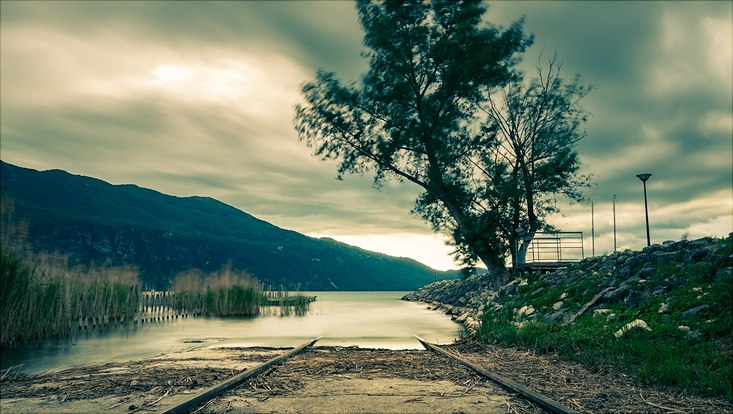Public Events
November 2, 2022: "Decarbonisation, Brexit and the “Foundation Industries”: How to make stuff like aluminium, glass and steel in a Net-Zero-oriented nation"
Steven Yearley (Professor of the Sociology of Scientific Knowledge, The University of Edinburgh)
Wednesday, November 2nd 2022, 6:15 PM (Berlin time)
Abstract: This lecture reports on research being conducted as part of the UK’s TransFIRe Hub.
TransFIRe is about the meeting point of two huge challenges and transformations confronting UK industry, particularly the so-called Foundation Industries – the industries that produce the material from which other products are made (for example, metals, glass and ceramics). Ordinary people are seldom customers for foundation-industry products, but they (we) buy the things made from Foundation Industries outputs.
The first challenge is Brexit; the second challenge is how to meet obligations towards decarbonisation and net-zero emissions.
In this talk, Steven Yearley, Professor of the Sociology of Scientific Knowledge, will draw on policy analyses and two industry case studies to investigate how the future of Foundation Industries is being shaped, and imagined or ignored in the UK. Though this research is focused on the UK, the talk will conclude with a consideration of parallels in comparable EU member states.

The lecture is part of the CSS Lecture Series "After Sustainability. What if we stopped pretending?"
More information on further talks in the series can be found here. You can download the poster for the talk here.
The Lecture will take place in Bundesstraße 53, Room 22/23, 20146 Hamburg and it will be streames via Zoom Webinar. For the Zoom-Link, please register via css.wiso"AT"uni-hamburg.de to receive the dial-in link.
July 6, 2022: "Human-Environmental Relations in Crisis. Anthropological and Sociological Perspectives"
Tanja Bogusz (CSS, Universität Hamburg), Frédéric Keck (EHESS, Paris) and Michael Schnegg (Humanities Faculty, Universität Hamburg)
Wednesday, July 6th 2022, 6:15 PM (Berlin time)
Abstract: In line with the aim of the CSS Lecture Series to ‘disorient’ ecological debates and to create a horizon for critical thinking “after sustainability”, this event reflects on current environmental, climatic and sanitary crises through the lens of increasingly problematic human-environmental relations. Confronted with the widespread failure of attempts to sustainably organize modern societies, anthropologists and sociologists approach globally heterogeneous modes of knowing the environment and accounting for ecological crisis situations. But what does it mean to investigate on human-environmental relations in crisis? And how can anthropological and sociological perspectives complement each other to better understand the roots of the current socio-ecological polycrisis, but also to open a space for imagining very different societal relations to nature?
Tanja Bogusz, sociologist and Michael Schnegg, anthropologist, both from Hamburg University, together with Frédéric Keck from the Laboratory of Social Anthropology at the EHESS Paris will discuss these questions in a lively and interactive exchange on what „after sustainability“ could mean within their respective fields of research and within their disciplines – sociology and anthropology.

The panel discussion is part of the CSS Lecture Series "After Sustainability. What if we stopped pretending?"
More information on further talks in the series can be found here. You can download the poster for the talk here.
The panel discussion will take place live. No registration necessary.
February 2, 2022: "An environmental history of political ideas: epistemological and critical perspectives"
Pierre Charbonnier (Research fellow at the CNRS, member of the Centre d'Etudes Européennes of Sciences Po (Paris))
Wednesday, February 2nd 2022, 6:30 PM (Berlin time)
Abstract: The planetary crisis calls for a renewed understanding of political and social ideas. Far from being totally estranged to the material world, as ecological thought sometimes suggested, modern political ideas are full of prescriptions on how the land and the territory should be managed, and those prescriptions resonate in how freedom is understood and organised. In this talk, the philosopher Pierre Charbonnier will develop some of the implications of his approach to the history of political ideas for contemporary critical thought.

The lecture is part of the CSS Lecture Series "After Sustainability. What if we stopped pretending?"
More information on further talks in the series can be found here. You can download the poster for the talk here.
The Lecture will take place via Zoom Webinar. Please register via css.wiso"AT"uni-hamburg.de to receive the dial-in link.
